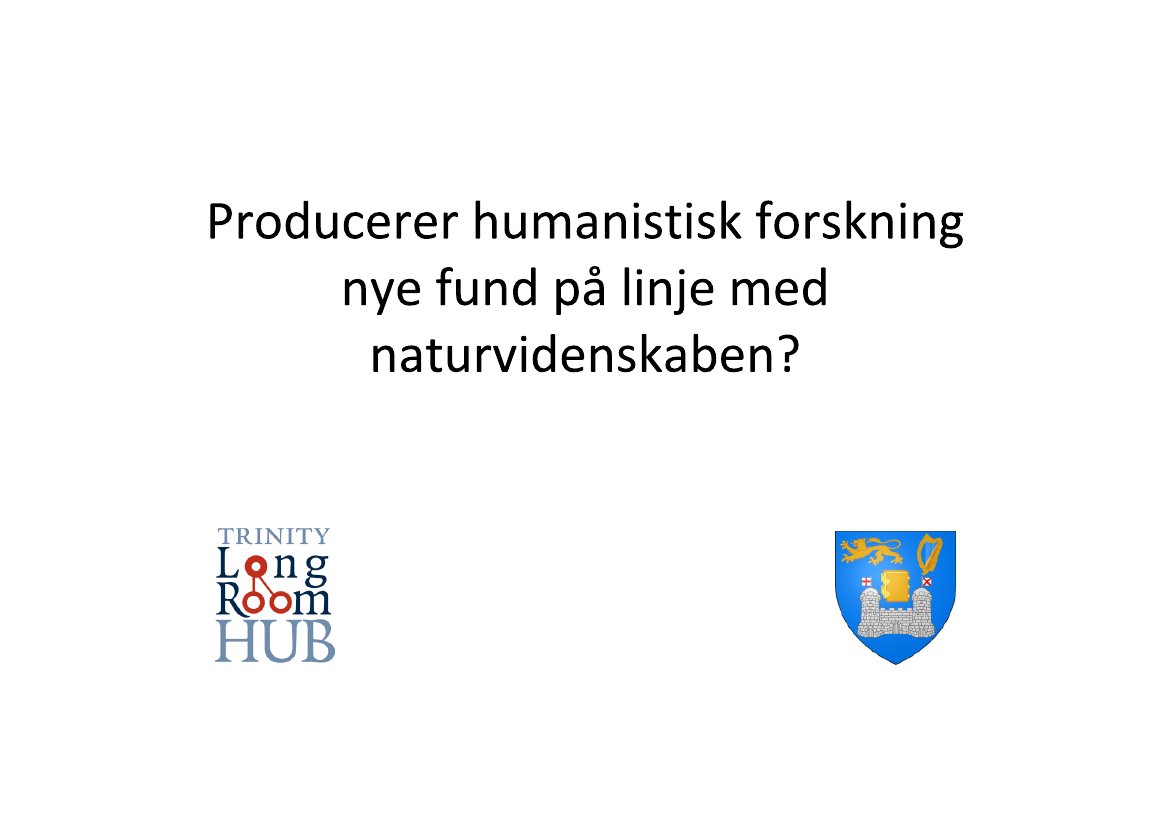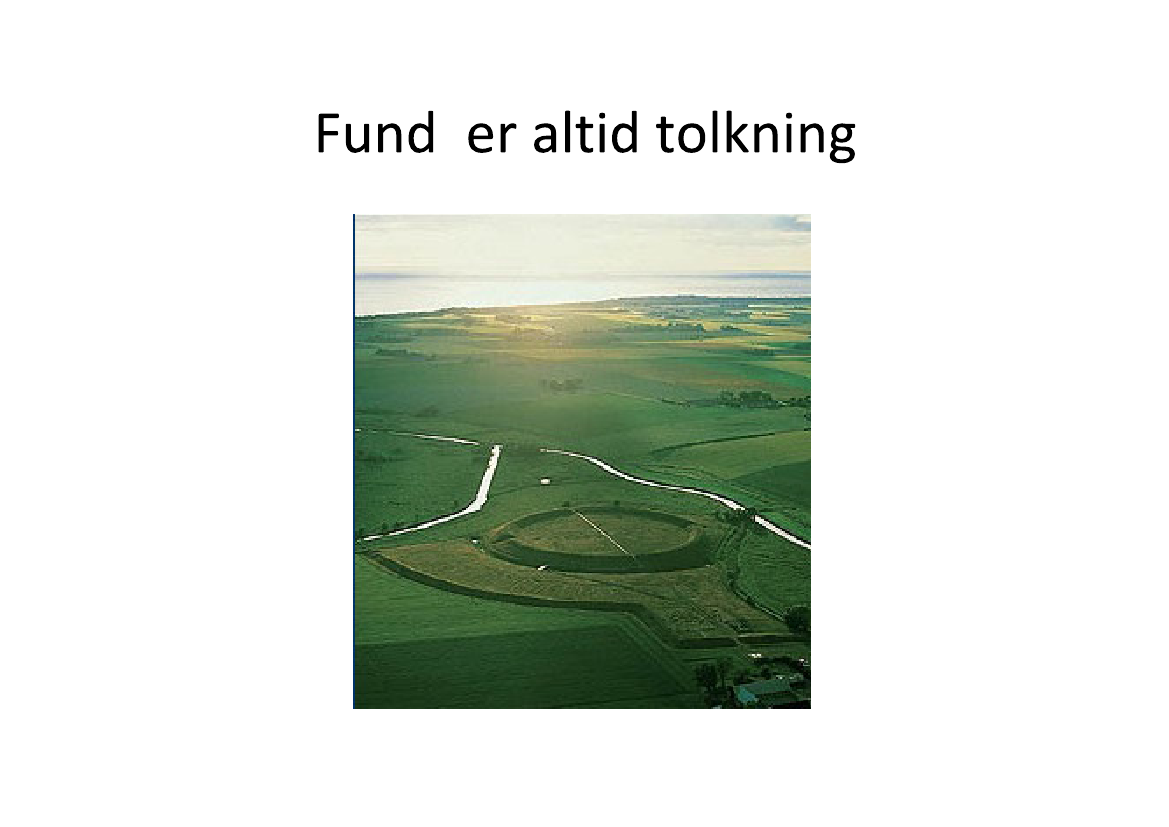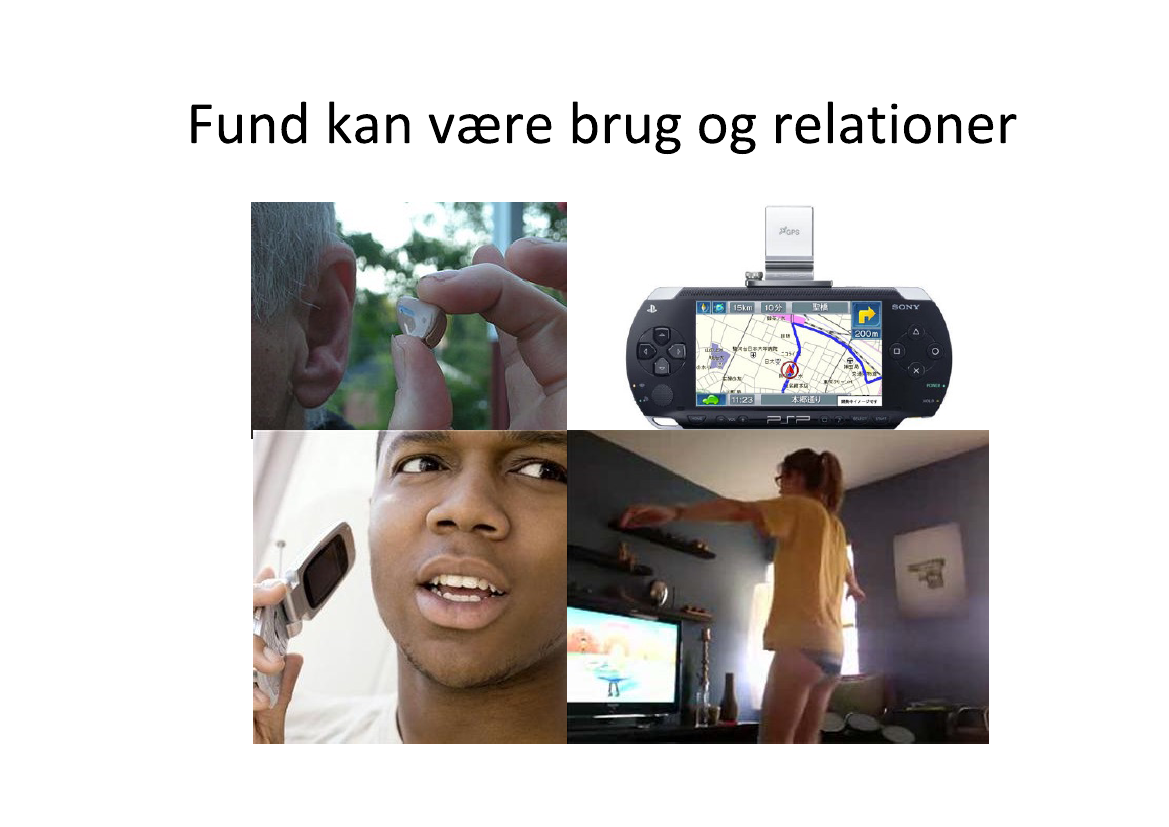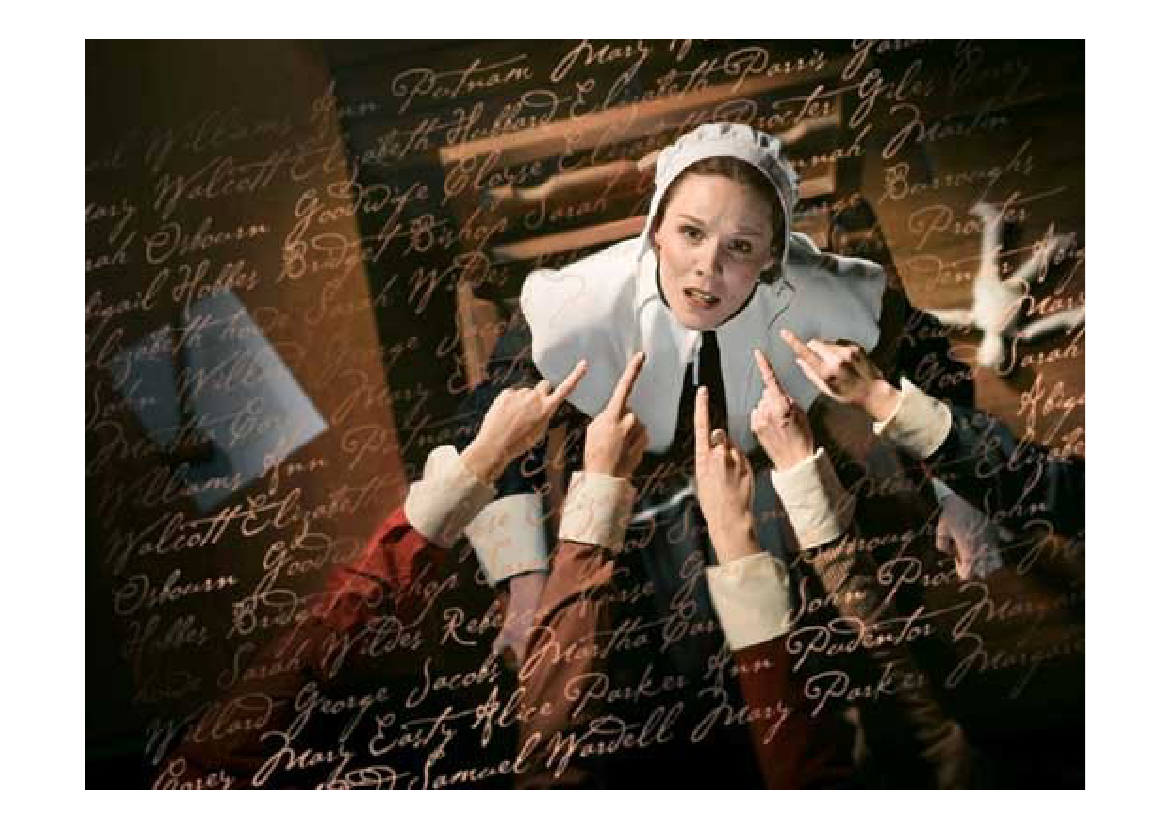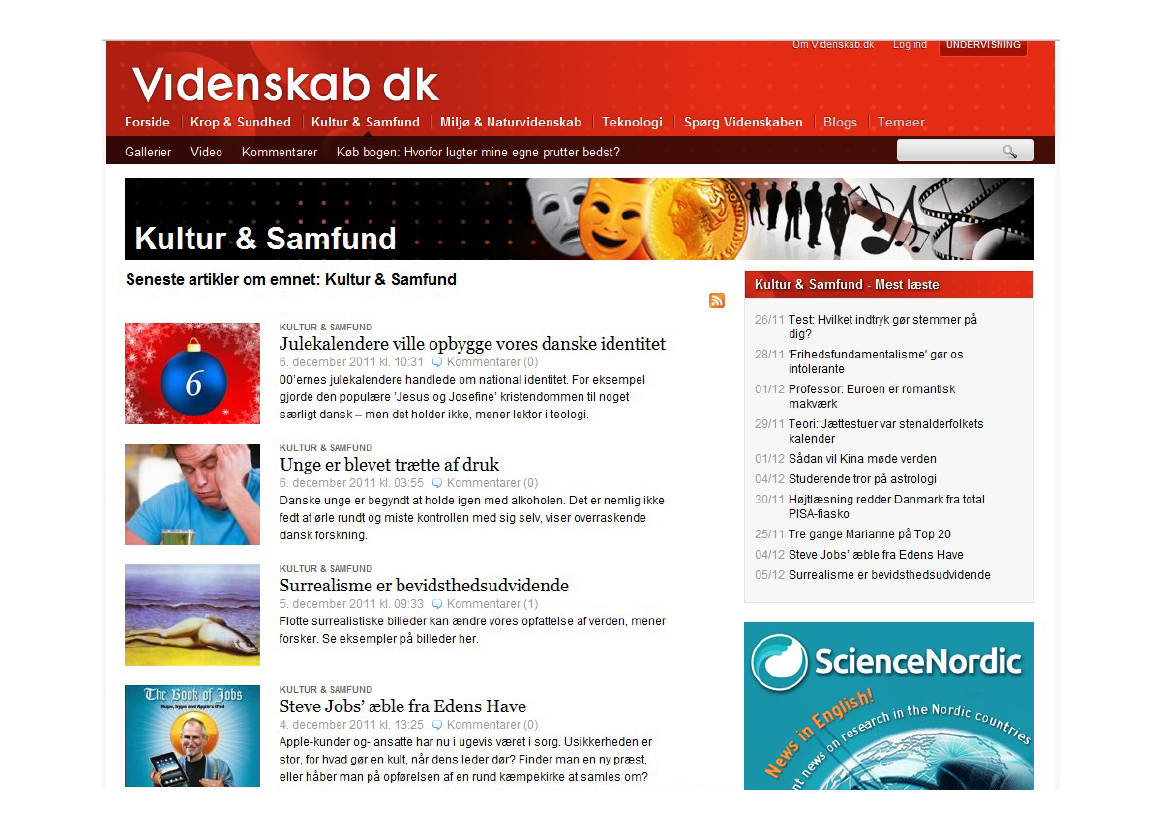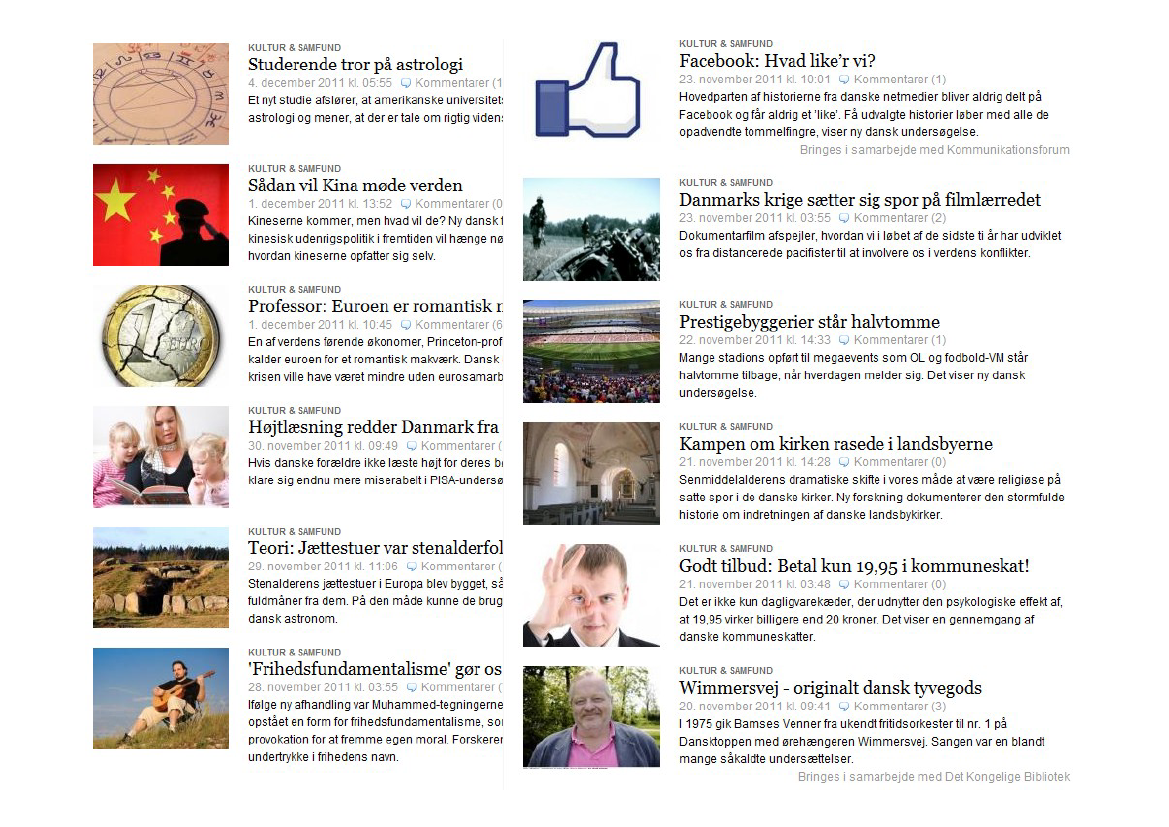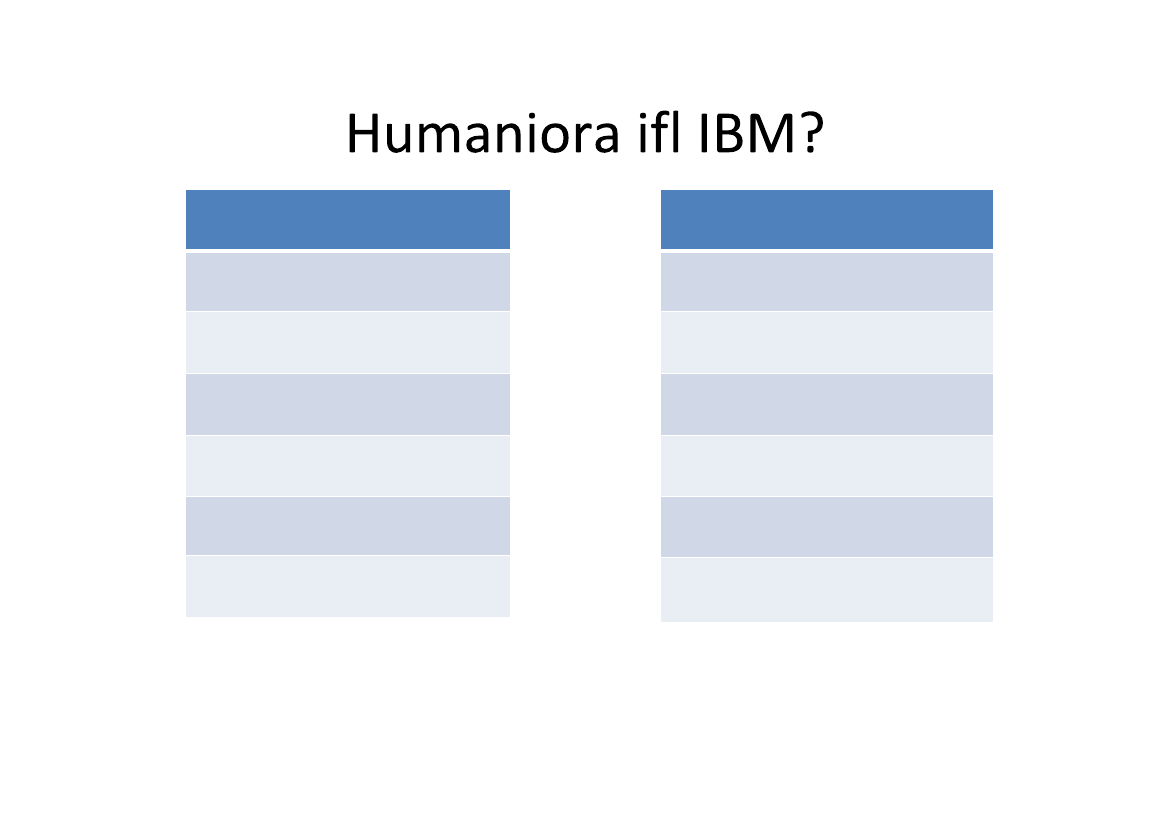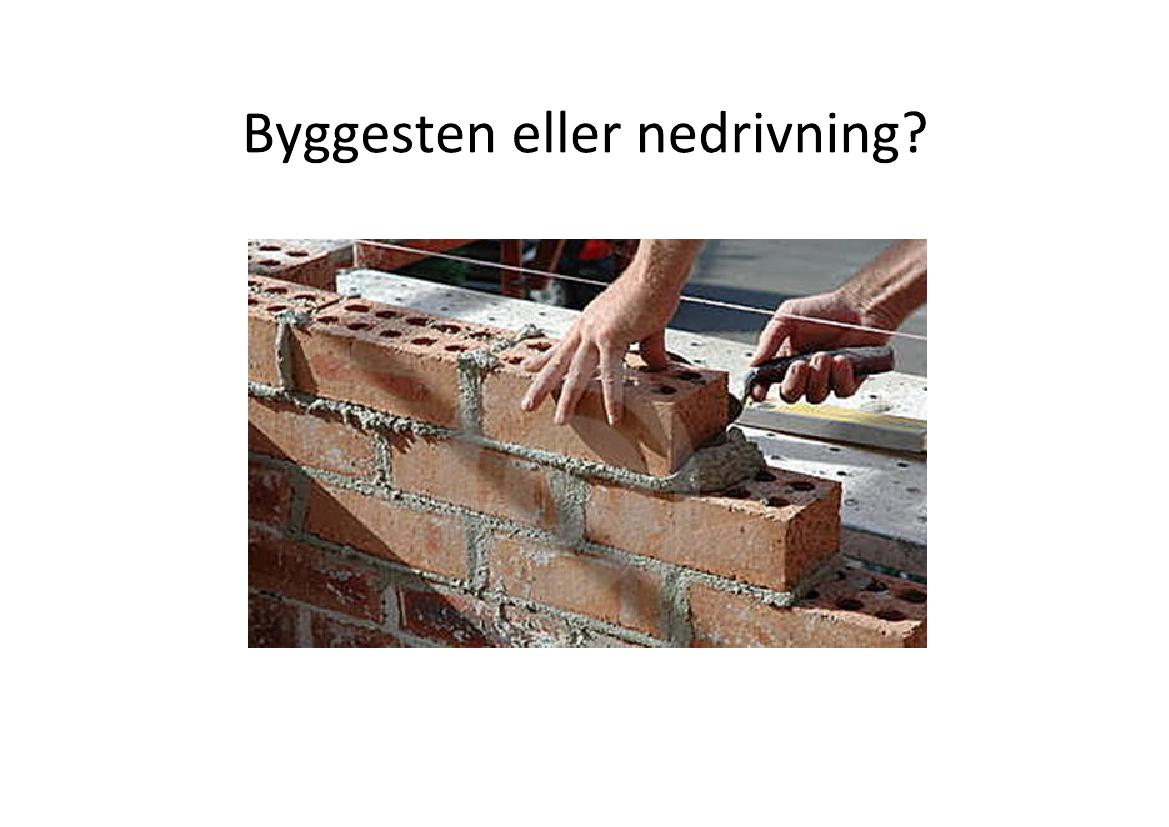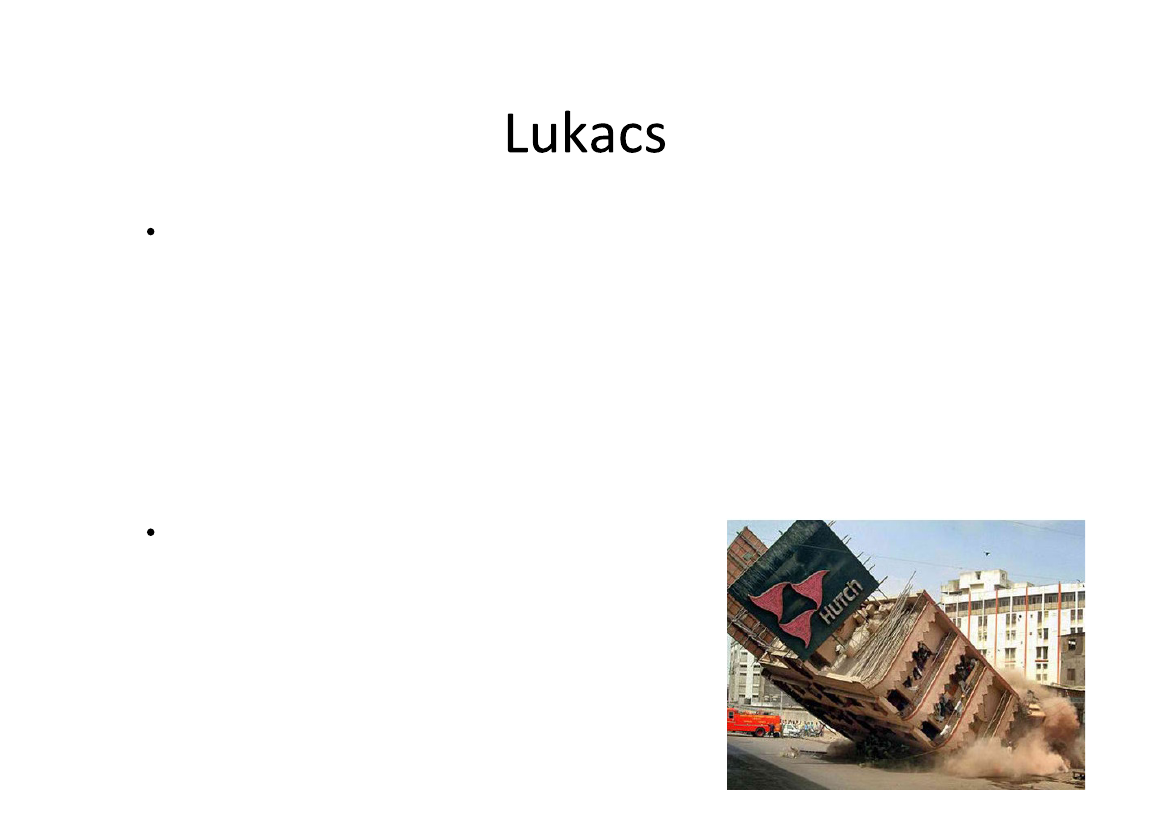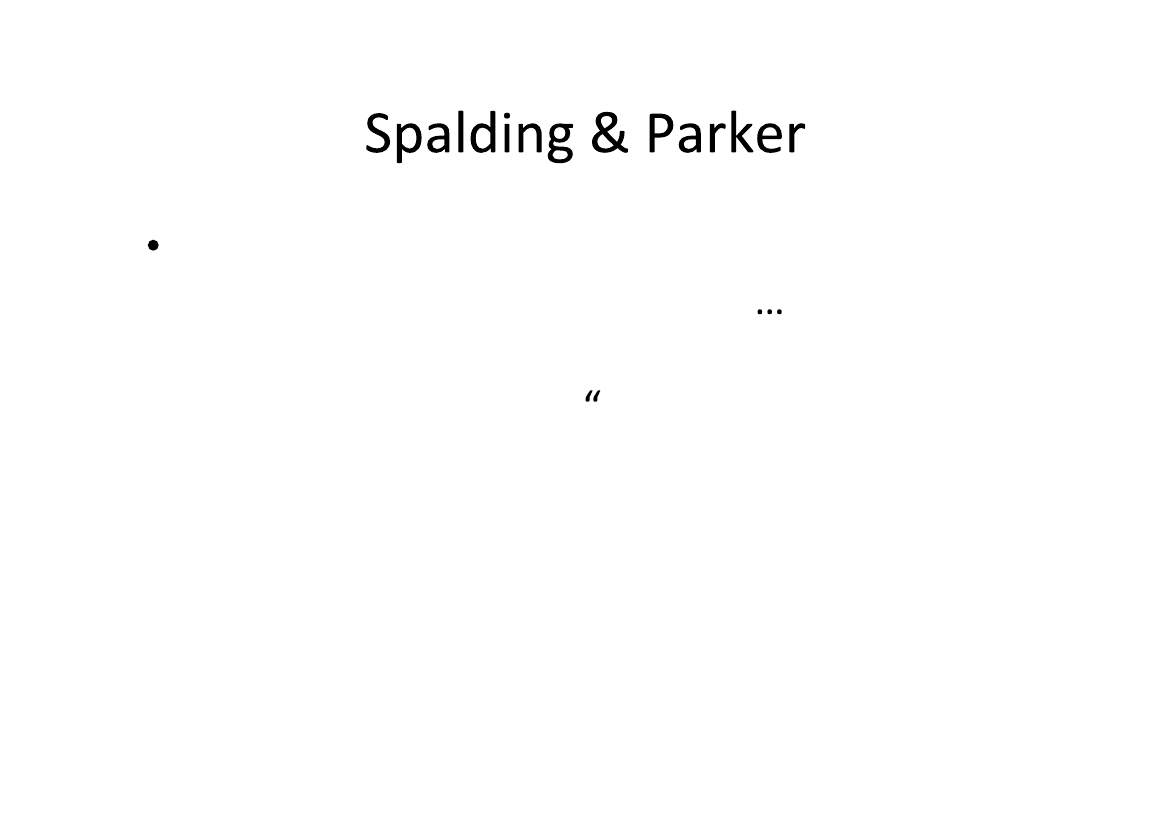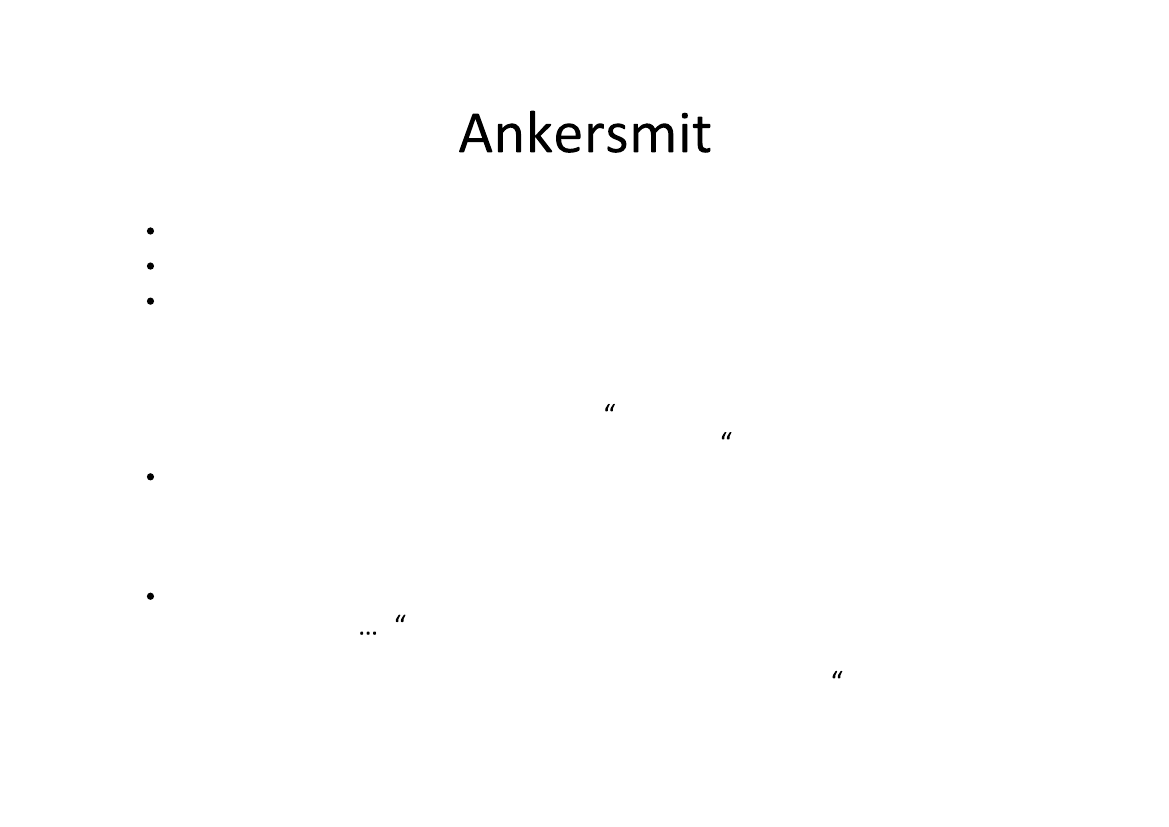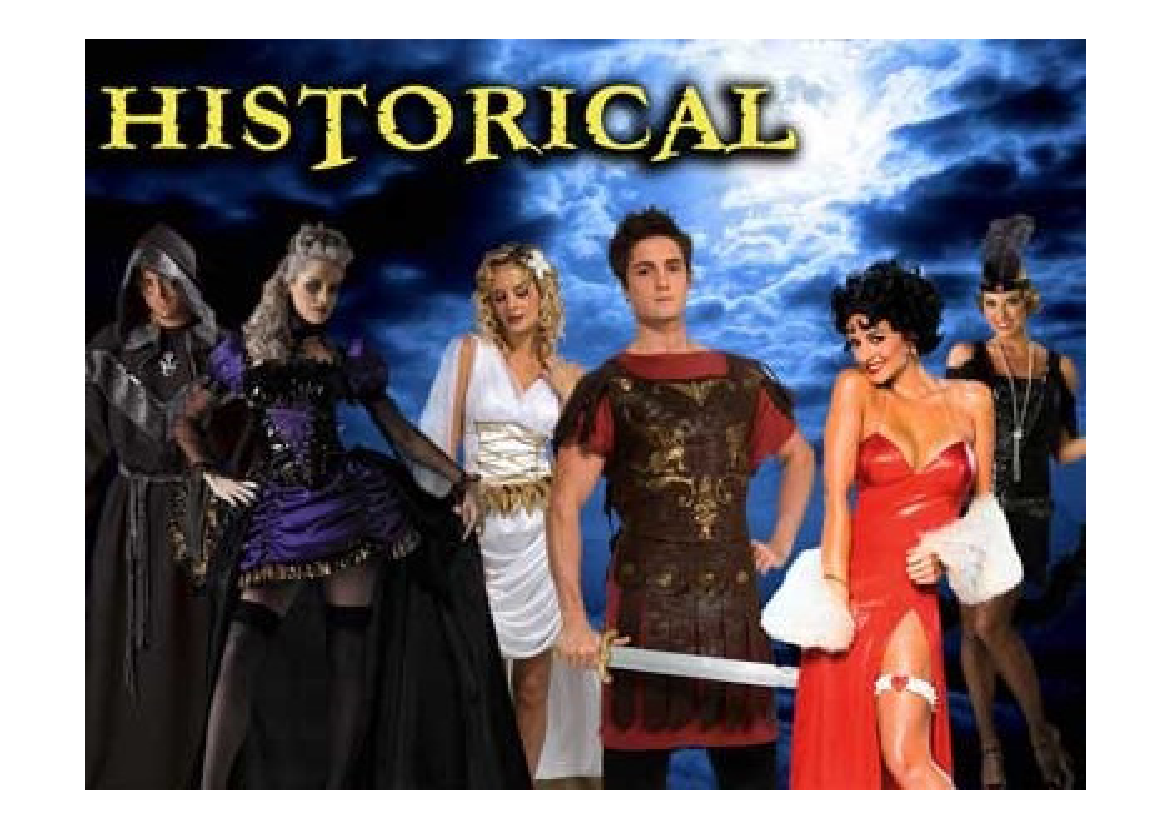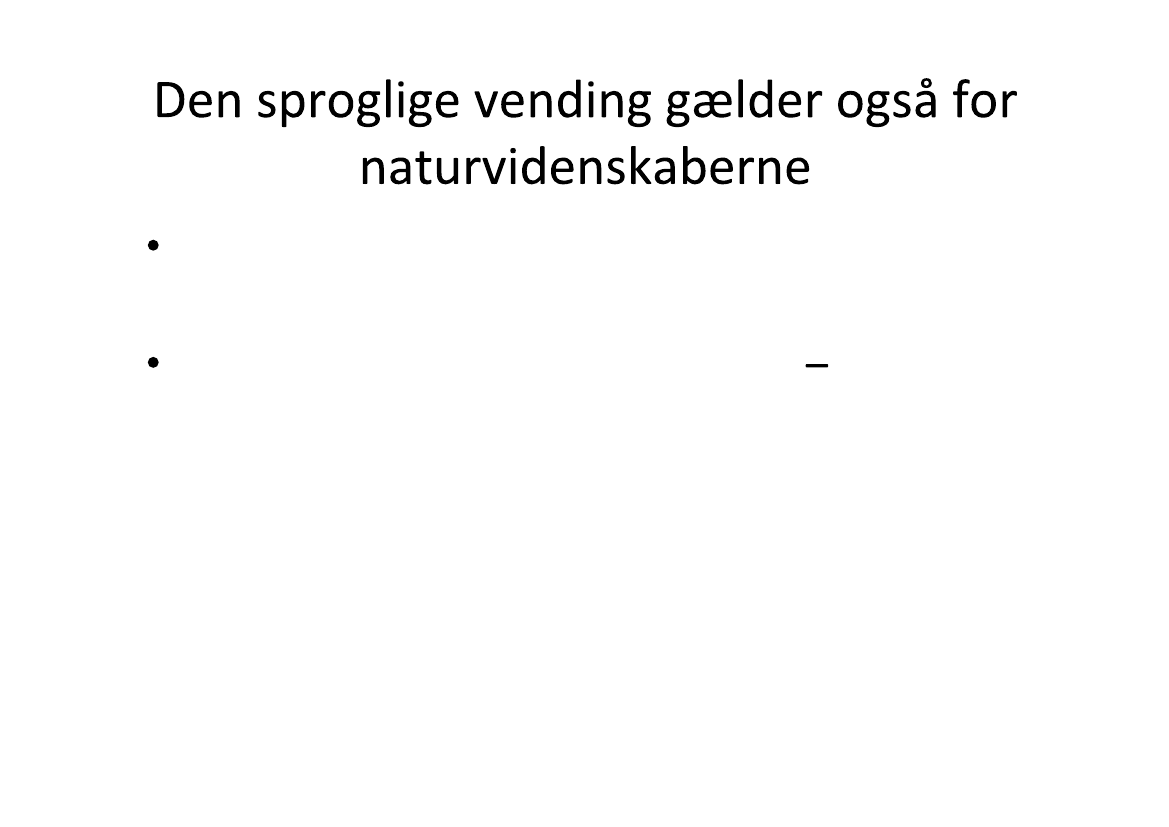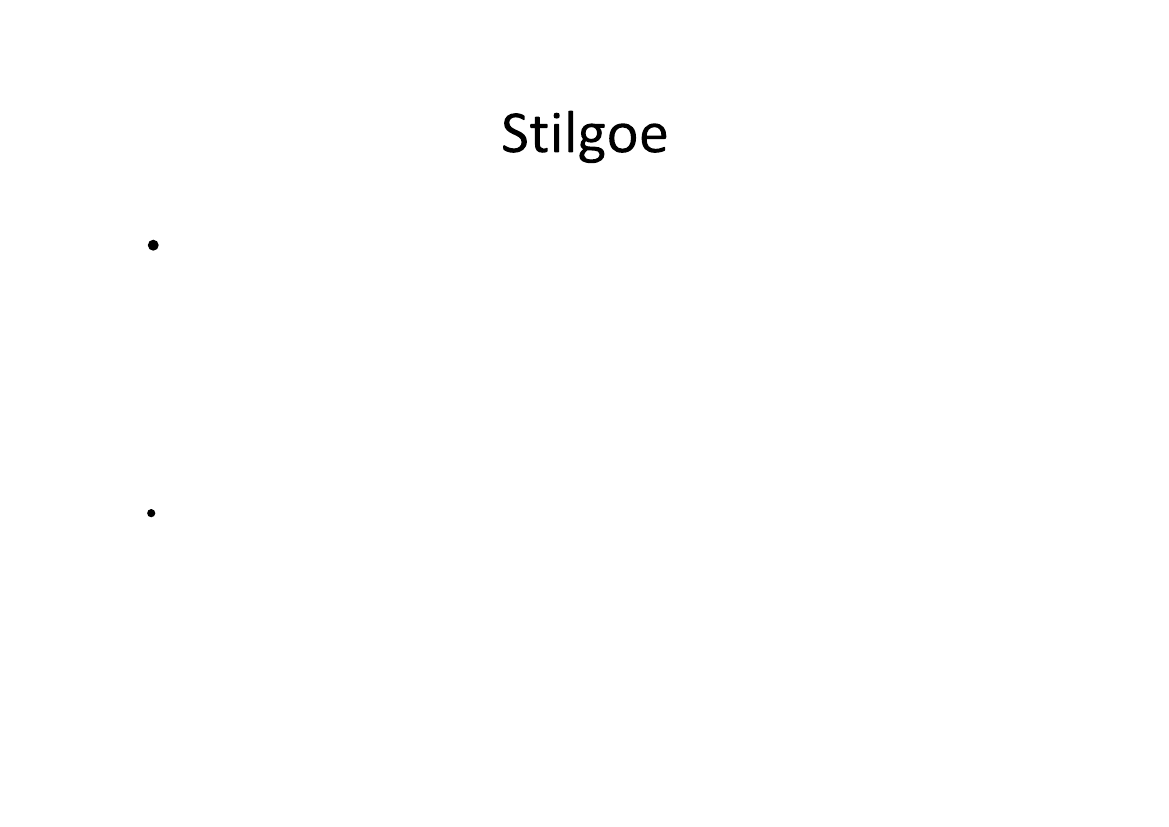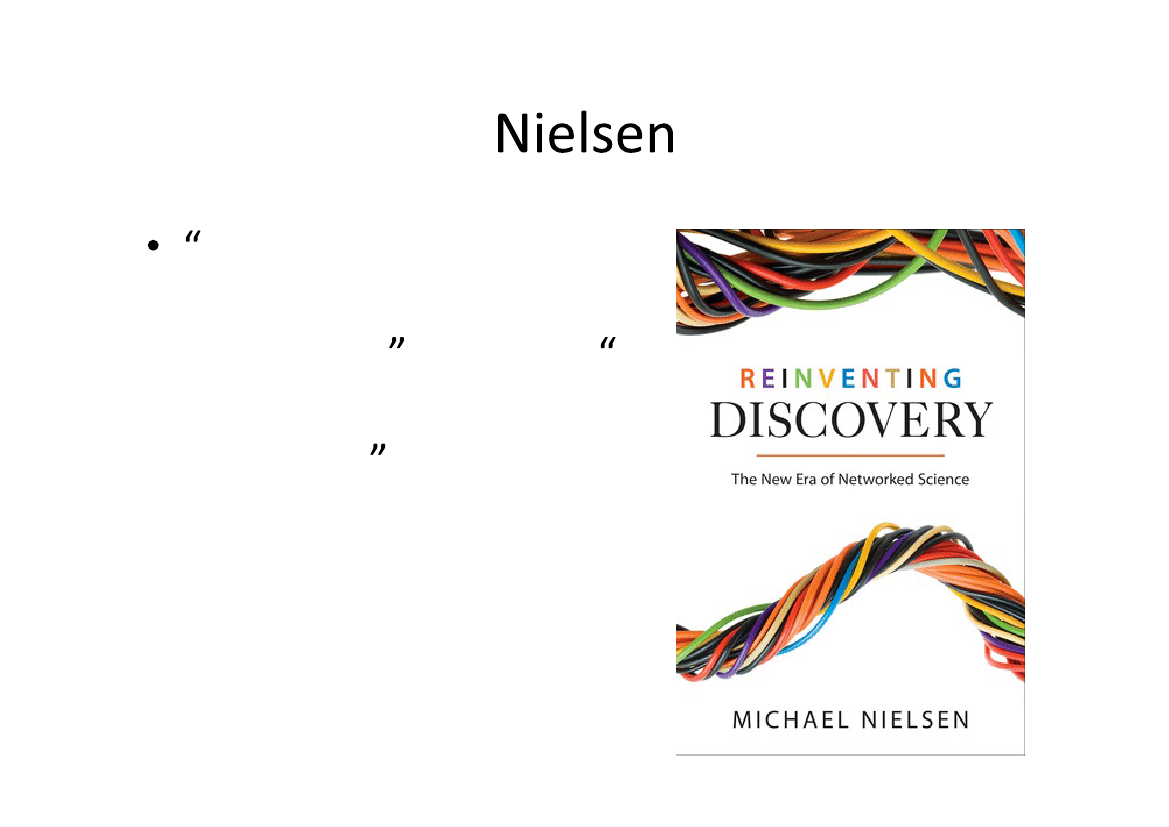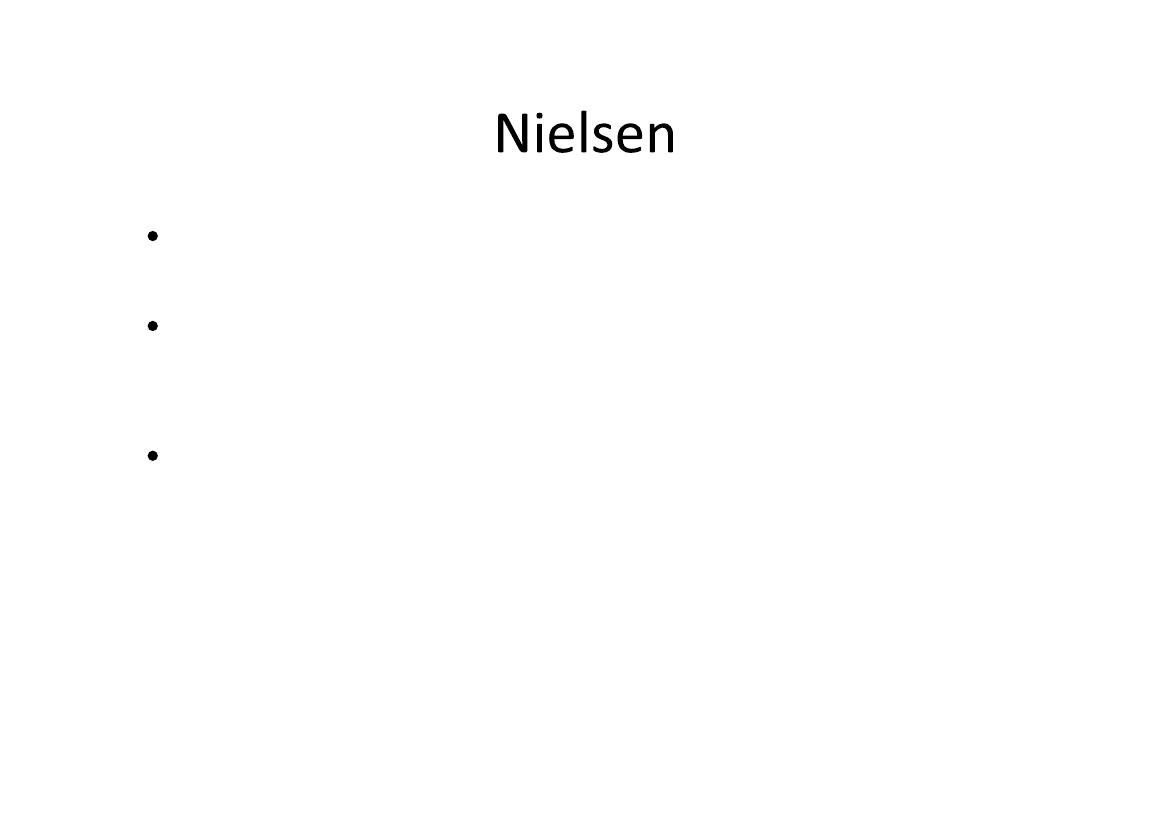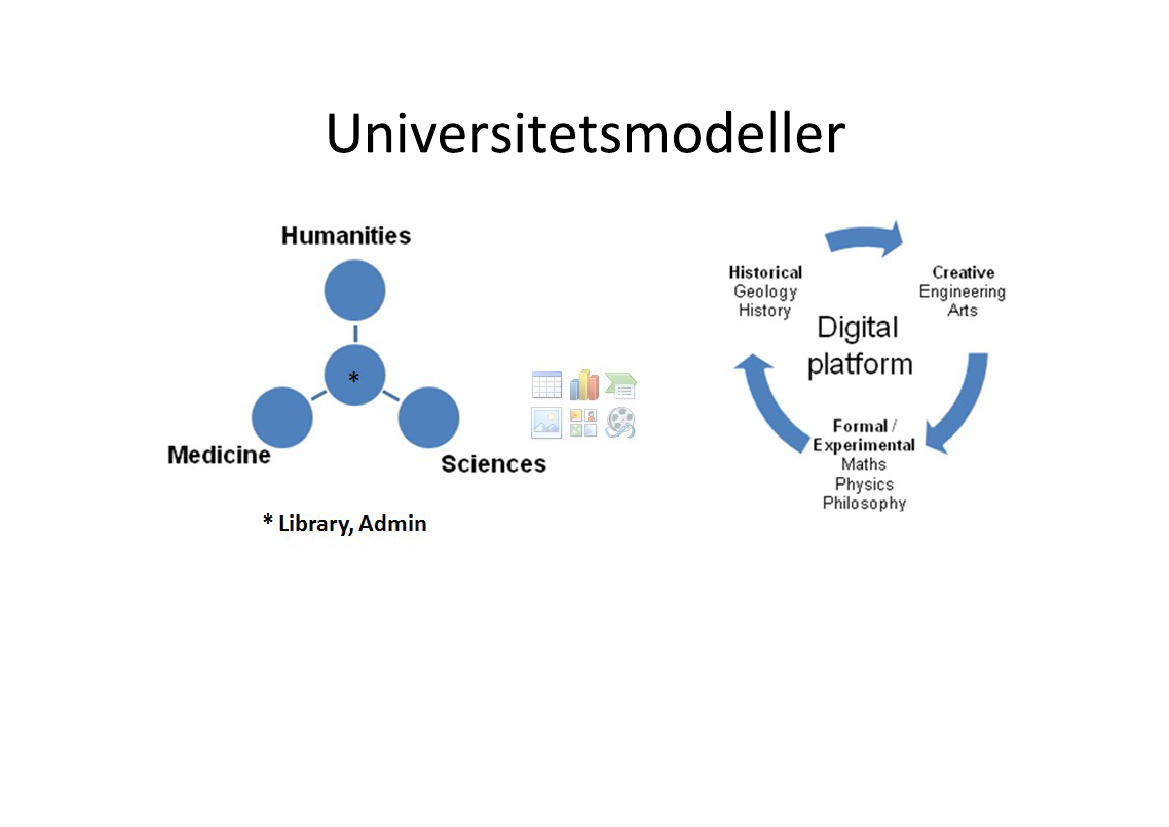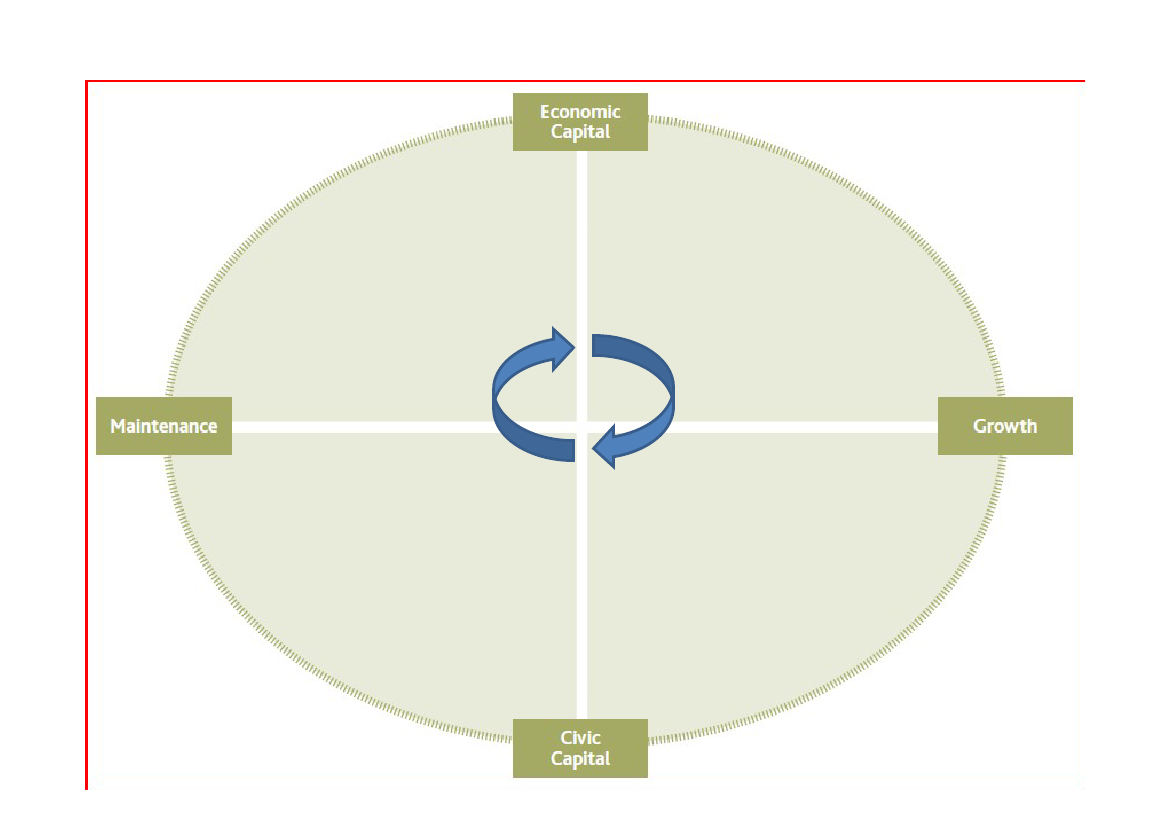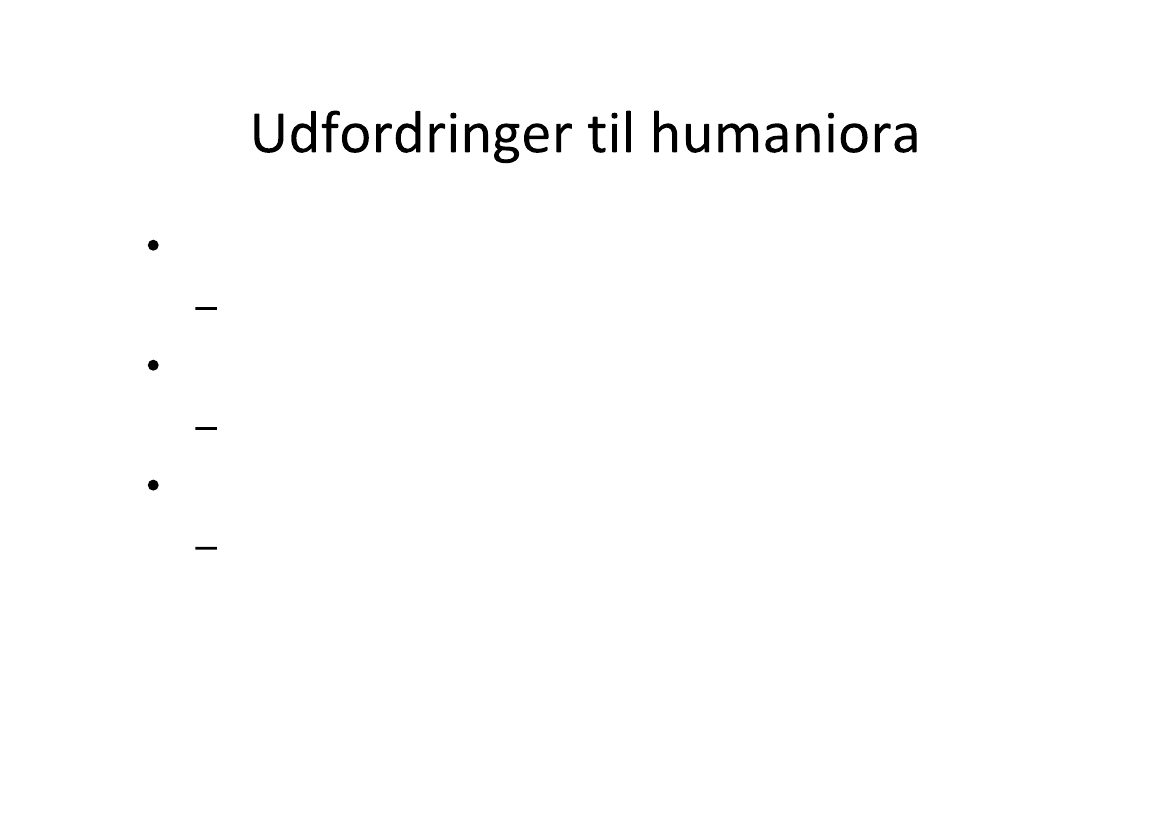Udvalget for Forskning, Innovation og Videregående Uddannelser 2011-12
FIV Alm.del Bilag 66
Offentligt
HUMANISTISK NYSKABELSE?Det Frie Forskningsråd | Kultur og Kommunikations temadag8. december 2011
Poul HolmTrinity College Dublin
Concreteness
ArchaeologyHistoryPolitical scienceAnthropologyLiterary scholarshipPhilosophyRigour
PhilosophyAnthropologyArchaeologyPolitical scienceHistoryLiterary scholarshipOne of the many differences between the achievements ofhistorical and the applications of 'scientific' knowledge is that theformer is necessarily 'revisionist'. Professional historians mustrecognise this. Among some of them the older nineteenth-centuryview, according to which the Cathedral of History is being builtbrick upon brick by certified professional historians, still prevails.But there is no such cathedral because the building of it, or evenportions of it, can never be completed. Yes, there are gaps ofhistorical knowIedge that are, or ought to be, filled: but that fillingcan never be permanent.John Lukacs,The Future of History.2011
Since Acton criticised those "historians whofailed to condemn the wicked, [ ] historianshave been in further retreat from any claimsto truth or objectivity.
Roger Spalding & Christopher Parker,Historiography. An Introduction,2011
Compare history with a tree.The Western essentialist tradition focussed on the trunk of the tree.Historism focussed on "what in fact happened in the past" without anygeneral presuppositions, in the branches of the tree, but remainedinterested in the relationship of the branches to the trunk, to the ideaof history as a whole in other words, hoping perhaps that ultimately itmight be possible to understand it. our modernist desire [was] to getto know how the machinery of history works.Postmodernist historiography, however, chooses not the trunk or thebranches, but the leaves. "Within the postmodernist view of history,the goal is no longer integration, synthesis, and totality, but it is thosehistorical scraps which are the centre of attention."autumn has come to Western historiography", detaching the leavesfrom the tree [ ] Now the leaves have fallen, we have no interest inwhere they were on the tree, but can arrange them in whateverpattern we wish. We can make of them what we want.F. R. Ankersmit,History and tropology: the rise and fall of metaphor,1994, p176.
Nanopartikler findes ikke - men det er etbrugbart ordVi konstruerer empiri og modeller som viserderes brugbarhed i test
In the life sciences, data is often messier,stakes are often higher and much of theknowledge that needs to be shared may betacit, impossible to write down and expensiveto share.Jack Stilgoe, University of Exeterhttp:/ / www.guardian.co.uk/ books/ 2011/ nov/ 24/ reinventing-discovery-michael-nielsen-review?INTCMP=SRCH
lighting an almighty fireunder the scientificcommunity to inspire asecond open sciencerevolution
We are living at the dawn of the most dramaticchange in science in more than 300 yearsThe internet is transforming the nature of ourcollective intelligence and how we understandthe world.[En stor forhindring for videnskabelig fornyelse:]the peer-reviewed journal article as the maincurrency to evaluate researchers. Until scientistsare also rewarded for producing or curating data,programming scientific software, etc., we will notbe able to start a new era of networked science.
Poul Holm et al., Collaboration Between the Natural,Social and Human Sciences In Global Change Research.Environmental Science and Politics(submitted)
Translational humanities
Analytical power
Media
Knowledge TransferPartnerships
Value systems
Social cohesion
Coping with change
Heritage
Holm 2012
Forsvare den disciplinære mangfoldigheduden diversitet bliver vi éndimensionelle
Artikulere fundhvad kan vi finde som ingen andre finder?
Udvikle translationel humaniorahvordan kan vi bringe vores fund i spil?
